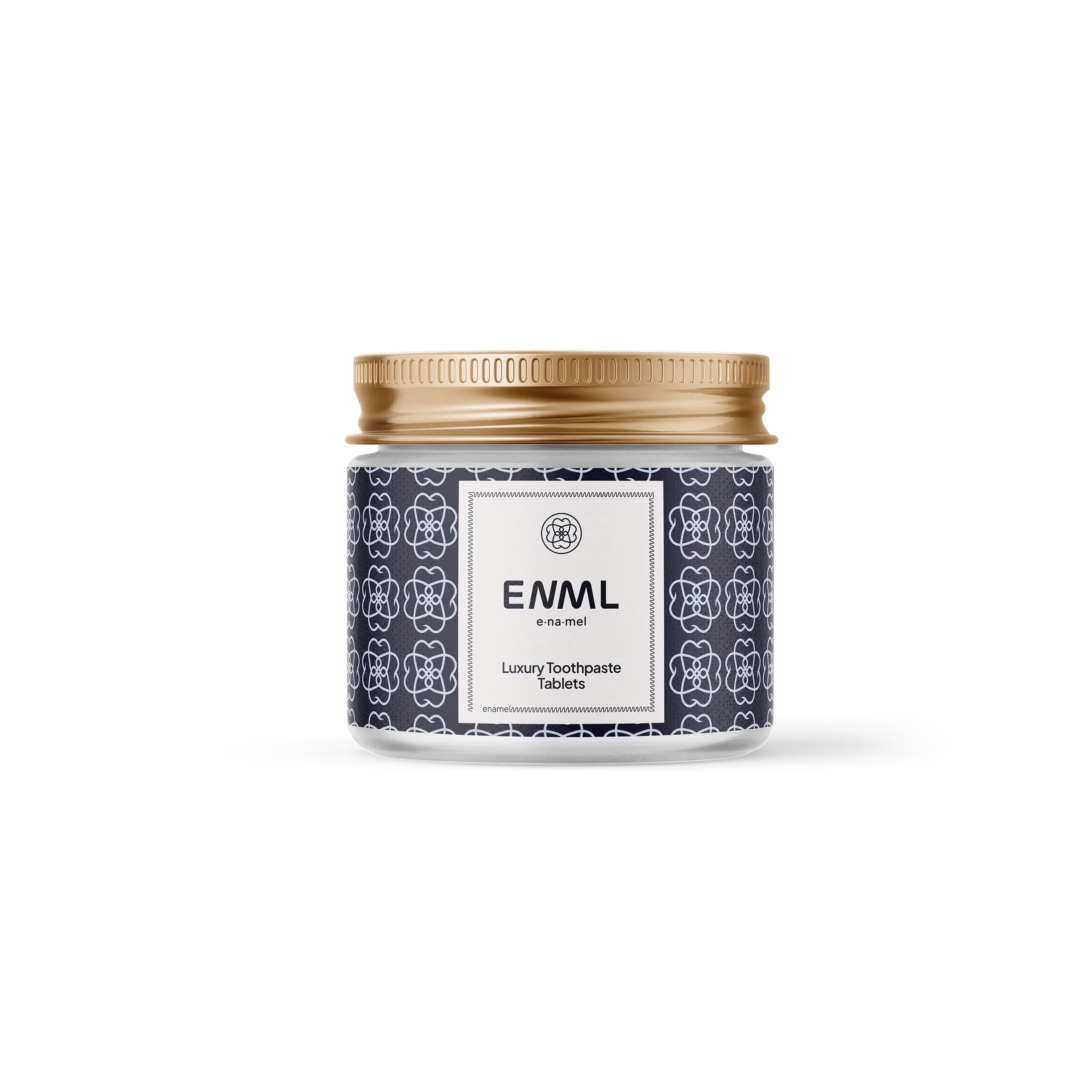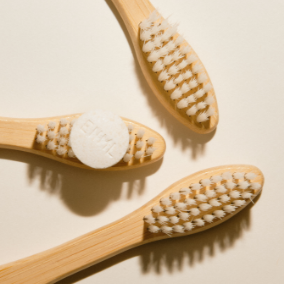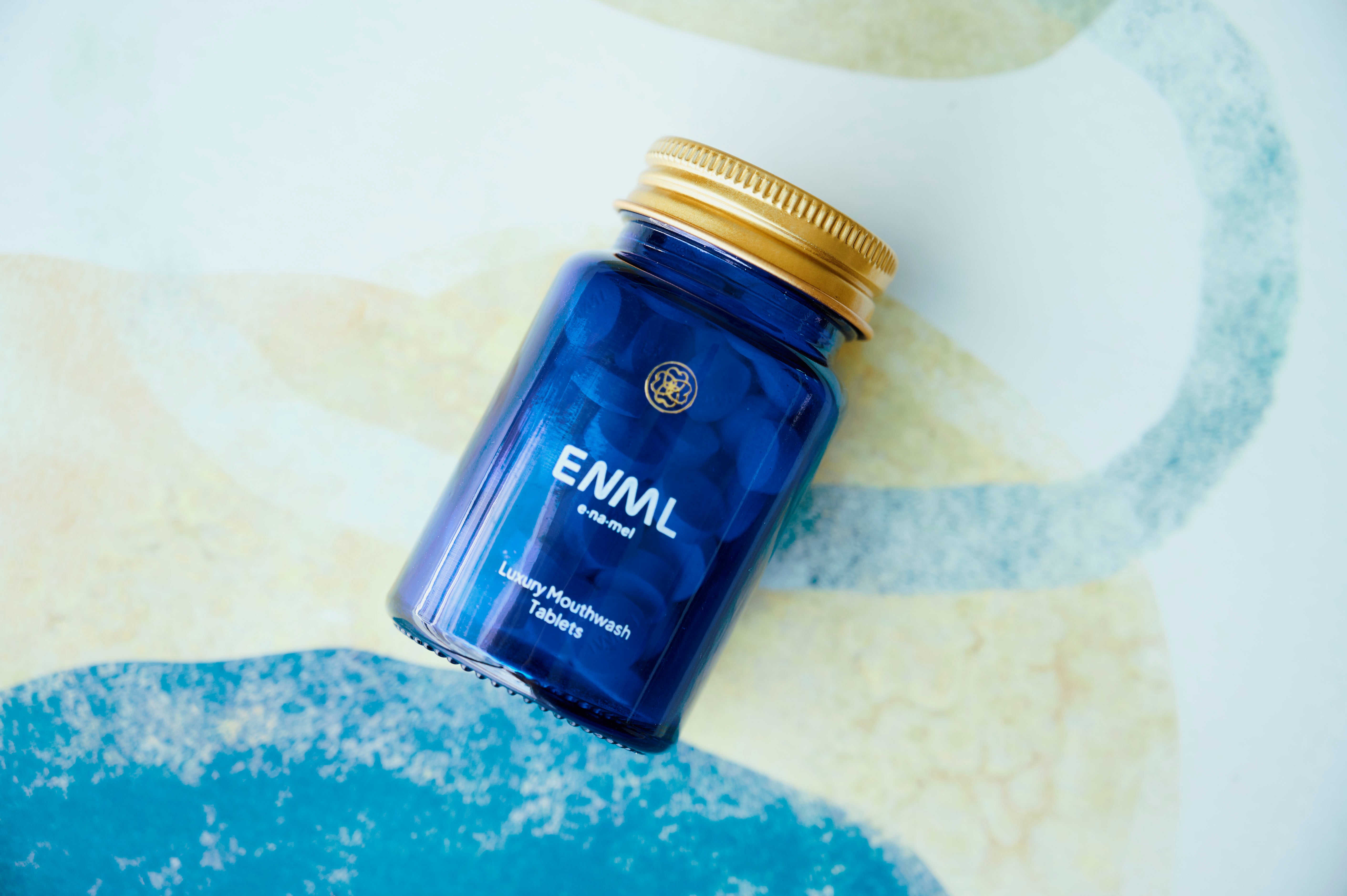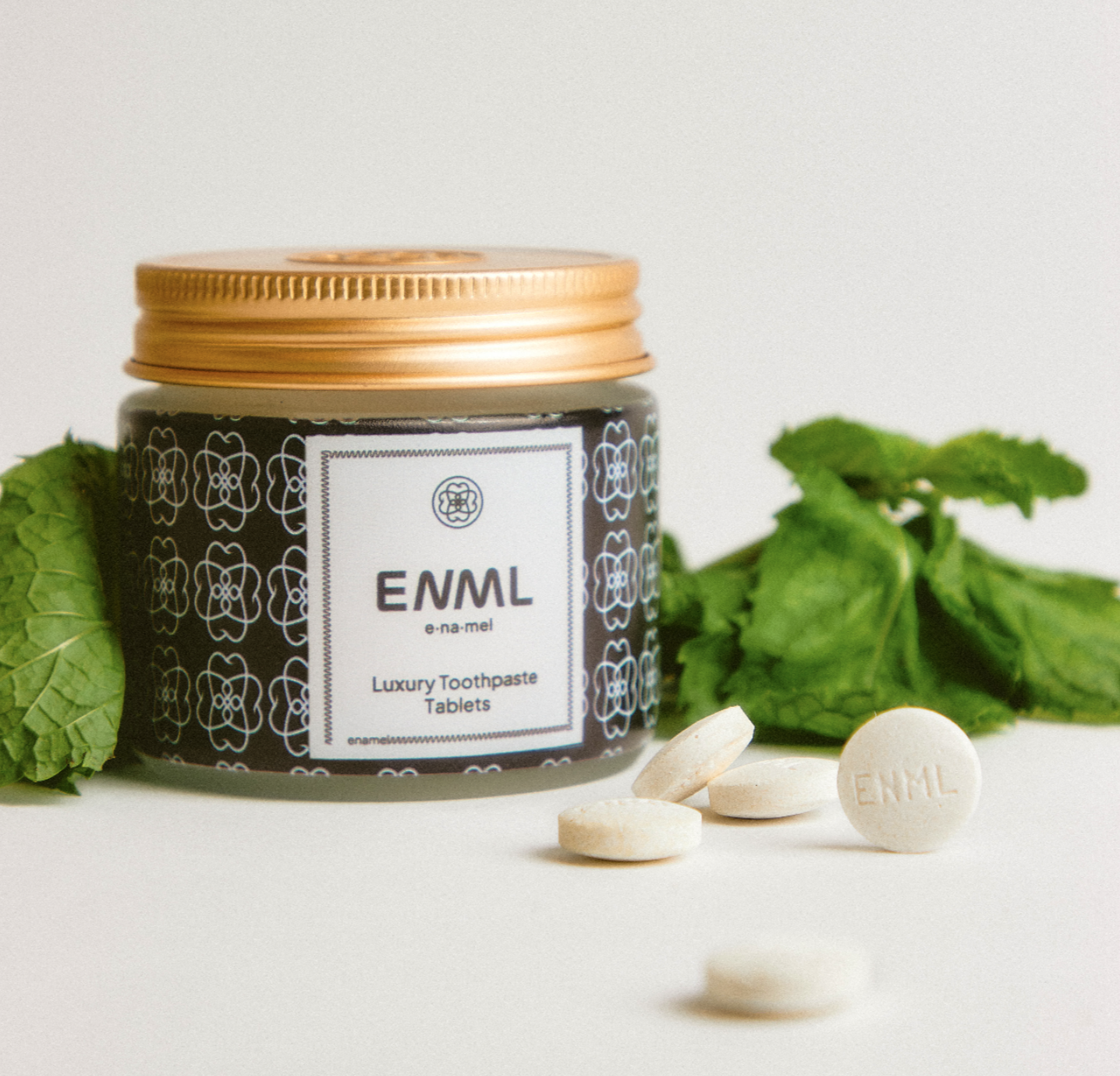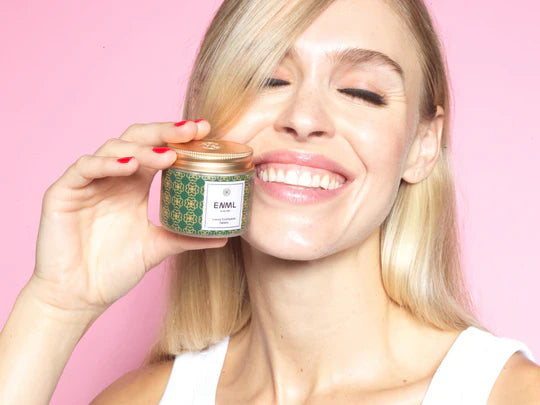Your oral health is more connected to your diet than you might think. In this post, Dr. Jordan Harper explores the profound ways your food choices can affect your teeth and gums. From understanding how sugary snacks fuel harmful bacteria to discovering surprising foods that promote a healthier mouth, we’ll dive into actionable insights that will transform your oral care routine.
How does your diet impact your oral health, and what foods should you include or avoid?
Many people don’t realize that what they eat can either nourish or harm their teeth. Learn how simple dietary changes can help reduce cavities, improve gum health, and even whiten your teeth naturally.
💡 Related Post: Why Pregnant Women Need ENML Now: A Game Changer for Oral Health
Key Questions and Answers
-
Can diet affect oral health?
Absolutely! Foods high in sugar and acidity, like sodas and candies, fuel bacteria that cause tooth decay. Conversely, fibrous vegetables and cheese can naturally clean teeth and balance oral pH. -
What are the worst foods for oral health?
Sticky, sugary treats like caramels and snacks like potato chips that stick to teeth for long periods are among the worst offenders. -
What foods can improve oral health?
Cheese, carrots, and leafy greens are excellent for teeth, as they help cleanse and strengthen enamel. Cheese, in particular, can help remove food particles and restore pH balance. -
Is snacking bad for oral health?
Snacking isn’t inherently bad, but what you snack on matters. Avoid starchy or sugary snacks and opt for options like nuts or veggies. -
How does pregnancy affect oral health?
Pregnant women should focus on reducing inflammation and maintaining oral hygiene, as hormonal changes can increase gum sensitivity and risk for gingivitis.
Conclusion
Transcript (Edited for Clarity)
If there are foods that get trapped, there are foods that stick around, the bacteria are having a party, right? Um, and, and that, that's what leads. Snacking is actually not a bad thing. Snacking's good for your overall digestive health. One of the best things to get rid of it is cheese. Really? Cause it'll pull it out?
Bingo. Okay. Cheap. On October 31st, We started eating candy for a week and now all of a sudden there's cavities. That's not the way the process works. Welcome to Minty Fresh Takes presented by Enamel, the podcast where we explore the latest trends, science, and personal stories behind oral wellness. I'm your host Xander.
And today we have a jam packed show covering some of the most important topics in oral care. From celebrities to experts in the field, you're sure to hear dentistry content done in a fun way. So sit back, grab your popcorn and your floss because you'll need it after and enjoy this conversation. Thanks for listening.
All right. Welcome back to episode five. We've got Dr Jordan Harper in studio with us on set today. We're going to be talking about all about your gut health. The foods you're consuming and how it actually affects your oral hygiene and your oral health and all the good stuff So we're jumping in right into the first question.
Can your diet actually affect your oral health a hundred thousand percent a hundred thousand percent The common buzzword, right? Um, at least I, I hear people ask me this in public that aren't dentists. It's like, Oh, do you see meth mouth, you know? And, um, it's like, yeah, of course, you know, you see those people that come through and have all their teeth eroded by the acid.
But I also see Mountain Dew mouth, right. Um, where it's like, you know, people are, Um, you know, sipping on sodas all day, all right. Um, which is loaded with two things that are really bad. Sugar and carbonation. Okay. Bacteria having a party, the, the carbonation is acidic. So it's eroding the teeth. So you got double whammy.
Okay. Um, and so, you know, rampant decay, you know, you know, and I'll ask the patients, you know, what's your diet look like? And I'm like, oh, well I sip on Dr. Pepper all day, you know? And it's like, oh no, you know, um, and, and I'm always a stance of like, look. If your guilty pleasure is having that soda, have it.
But drink it, finish it in under 30 minutes, and then be drinking water the rest of the day. You don't need to be sipping on stuff all day. It has that type of acidity and that type of sugar in it. Yeah. Um. An immediate response to brushing your teeth, I would assume, would also help with that, correct? Oh, 100%.
Like, you know, like, like, you don't want to necessarily, like, so, so when you take a, uh, something strongly acidic, so let's say orange juice, uh, sodas, right, things that are carbonated, that sort of thing, the studies have shown pH in your mouth, Stays acidic for about 30 minutes. Okay, so you want to wait about a half hour after that acidic thing before you brush your teeth, right?
Um, so no Mountain Dew and then straight to bed, you know, um, brushing your teeth. And so, um, and that's just because of that pH. But, you know, the foods that you're, that you're eating and consuming have such a huge impact on the microbiome because those foods If their foods would get trapped, their foods would stick around, the bacteria are having a party, right?
Um, and that, that's what leads ultimately to cavities and other detriments in your oral health. Okay. Aside from candy, because we're going to touch on this later, in a little bit. Aside from candy, what are some other foods that are not good for the breakdown? So, my, yeah, that's my favorite. Candy, whatever.
That's the number one thing. Everyone comes in and says, oh, candy's causing it. No. I think the number one thing, and we learned this in dental school, like, is Things like potato chips. Okay. Okay. So potato chips are a carbohydrate. What is carbohydrate? Carbohydrate is a fancy word for sugar. That's it. So guess what?
The bacteria doesn't care. The bacteria sees carbohydrate the same as it sees a piece of candy. Right? And the really bad thing about, about potato chips is they get stuck everywhere. We all know that, right? The goldfish, the, the, you know, kettle cooked potato chips, they're all stuck all in your teeth.
Right. Yeah. And so, um, So what happens is, is you get all of those potato chips stuck in the teeth, right? Um, it takes forever to get cleared out if you're not brushing and flossing immediately after. Um, and, and so what ends up happening, the bacteria just sit there and go to town. So you get people that are chronic snackers, right?
Snacking is actually not a bad thing. Snacking is good is for your overall digestive health. Um, because it keeps you from having these big meals throughout the day, which are actually bad for you. Um, but it has, it all depends on what you're snacking on, right? If you're snacking on chips and that type of thing, uh, throughout the day, that can be really affecting the amount of cavities, uh, and caries that you have in your mouth.
Um, fun fact, let's see, you're in a pinch. You don't have access to toothbrush, toothpaste. But you've ate chips, you've got, you know, all sorts of stuff caught in your teeth. One of the best things to get rid of it is cheese. Really? Cause it'll pull it out? Bingo. Okay. Cheese, if you sit there and chew on cheese, cheese will get as much of that stuff off without the mechanics of a toothbrush as possible.
So cheese is actually a good little trick. Now listen, if you guys are ever watching me and you see me like moving my tongue around my mouth, What I'm doing is as Dr. Harper is talking, I'm thinking about all the chips I've eaten in like the last week. And I'm like, Oh my gosh, there's no way they're still there, but just in case they are like, let me get them out.
So that is, uh, that's not something good that I wanted to hear. I'm going to be honest with you. Look, I love chips just as much as you. Yeah. You know, it definitely is. Once you go through dental school, you start having second thoughts about everything you're putting in. Now, from not moving from a bad to a good, what are some great foods that you can eat for your oral health?
Yeah, so I mean, great foods, um, we already kind of touched on cheese. Cheese has that natural kind of cleansing property, you know. But things that are, things that are more pH balanced, um, things that the bacteria that, you know, aren't going to love, right? That includes like your vegetables, right? Lots of your vegetables, right?
Um, are going to be great for your teeth, right? Um, because they're not only going to have like some natural cleansing components to them, but the bacteria aren't going to care about a carrot. You know, um, it's not up their wheelhouse now, obviously it's, it's October. Spooky season's coming up. Halloween's right around the corner.
Talk to us about candy. Yeah, so, so, so candy, you know, gets, uh, typically in dentistry, all the moms come in, and they blame little Johnny's cavity on the, uh, you know, twelve pieces of chocolate they're eating every hour after they go trick or treating, right? And the reality of that situation is, um, It's not the case.
Um, now if little Johnny's been doing that for the last three years. Okay, sure, but but cavities take As we explained in last episode Cavities form by the bacteria eating the sugar and the byproduct the bacteria makes as a waste is acidic That's what causes the cavity. Well that that process can take months, right?
So it's not a it's not a hey on a On October 31st, we started eating candy for a week and now all of a sudden there's cavities. That's not the way the process works. Demineralization due to tooth decay, uh, takes longer than that. Yeah. Um, But, uh, as far as the candy goes, you know, there's, there's definitely candies that are, that are better than others.
And there's candies that are worse than others, you know, that anything that's sticky, tacky caramels, right? Milk duds, like all those types of candies that just like really get in there and won't leave. Um, not as great, right? Uh, because you're, you're just increasing contact time and that's the whole concept, right?
Of brushing your teeth is, um, you're trying to eliminate that contact time the food has with the teeth so that you're eliminating the bacteria. food source. If you eliminate that, the bacteria can't, you know, the bacteria always going to be in your mouth always. And that's a good thing. Um, but your limit, you're eliminating that long duration contact time so that acid secretions are not building up on the tooth.
Okay. So not just for the kids and their candy, but for pregnant moms, is there anything they can be avoiding food wise that would protect the bacteria? No, I think, I think with pregnant moms, there's no real restriction or change that that's going to really impact the oral cavity. Um, I think it's just using some common sense.
If, if you're having acid reflux, um, then don't eat tons of acidic foods cause make it worse. Don't eat tons of spicy stuff. It's going to make it worse. Obviously your OBGYN is going to tell you all the things to avoid because of pass through, right? Bacteria from your mouth passes through. Okay. Uh, to the fetus, that's going to happen, that transfer occurs.
Um, so you know, your OB GYN is telling you things like sushi and honey and you know, these things that like, there's a, there's a risk, small risk, but there's a risk of some negative effects, uh, being passed along. But as far as specific food groups, I would say no. Um, you know, I think it's just important to make sure you're using a toothpaste like enamel, right?
It's going to protect your teeth, um, decrease inflammation from the gingivitis if you've got prednisone gingivitis, um, And just help keep things as remineralized as possible, uh, if you've got acid reflux. Hey guys, thanks so much for tuning in to another episode of Minty Fresh Takes presented by Enamel.
Listen, we all know people that are into the latest trends for their oral care. We also know people on the other side of the spectrum that are not. This show is made for both of those people. And so if you could do us the absolute biggest favor and share this, like, comment, subscribe, make, make, make sure to share this with your friends on both sides of the spectrum and somebody right in the middle.
That would be awesome. Our biggest mission here, not only doing this podcast, but with all the products and the dentistry here in Nisal is to ensure the trust and the quality of product that we continually offer to our patients. Our mission through this show and through our brand new product enamel is to ensure that your teeth are being covered by nutrients that actually benefit your teeth.
I micro hydroxy appetite, our toothpaste tablets that we have right here. Toothpaste tablets and the luxury mouthwash tablets. These are both available at enamel. com. That is E N M L. com. And if you're looking for more information on micro hydroxy appetite, feel free to check out our latest YouTube videos.
Like we said earlier, make sure to subscribe to this channel. You don't want to miss anything that we have coming out and thanks so much for watching. We'll see you on the next show.


